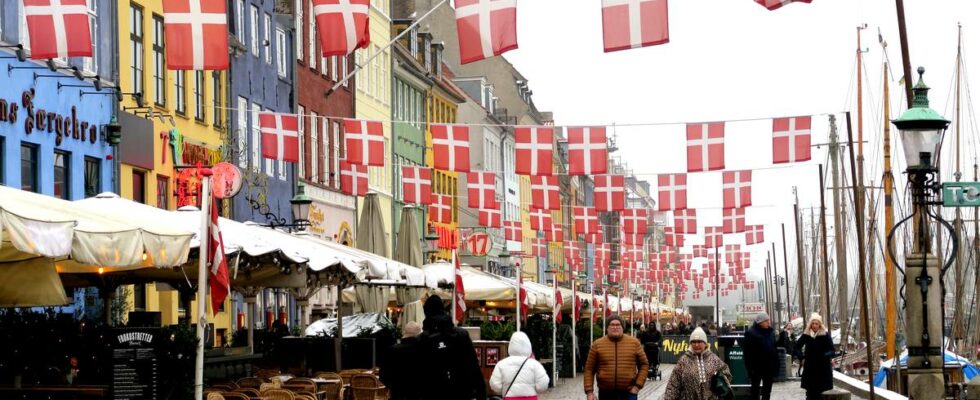This is shown by recent figures from Statistics Norway (SSB). Sick leave in Norway was at a higher level in 2023 than before the pandemic. The development differs from the neighboring countries with which we often compare ourselves: Sweden had a peak in sickness absence in 2020 and then a decline in 2021 and 2023. In Denmark, sickness absence peaked in 2022, but fell again in 2023. Section head Tonje Køber in Statistics Norway explains that it is a bit unclear why this is so. – But we see that something has happened after the pandemic which means that Norway’s absence increases more and does not return and stabilize as before the pandemic, she says. Strong job protection She says it is not because several groups with traditionally higher absenteeism are in work in Norway. – Norway does not have a higher employment rate for women and the elderly than neighboring countries. On the contrary, Denmark, Sweden and Finland have fairly high employment rates. Sweden actually has higher, she says. Head of section Tonje Køber at Statistics Norway. Photo: Hanna Johre / Hanna Johre / news Employment protection and safety around being at work, however, she thinks she can explain something. – In Sweden and Denmark, you lose your job more quickly if you have long-term sick leave and end up in other welfare schemes, she says. But Labor and Inclusion Minister Tonje Brenna (Ap) will not shake up job security in Norwegian working life in order to reduce sickness absence. – I’m not sure if you’ll get better from losing your job. I think it is a great strength for Norwegian working life that we have strong job security. It is not relevant to relax job security, she says. Want to reduce sickness absence On Wednesday, Statistics Norway’s figures came out which show that sickness absence in Norway in the last quarter of this year is the highest in 15 years. Sickness absence was 7.1 per cent – this amounts to 10.6 million lost working days. Brenna is aware that it is urgent to bring down the high number of sick people. – If we don’t manage to do something now, we may have to do something much more dramatic in a decade or two. We cannot afford this over time, says Brenna. – But they manage it in Sweden and Denmark. Why can’t we do it in Norway? – It is complex and not entirely easy to find an answer to. I am most worried that absence is increasing most among the youngest with mental health as the reason, and that long-term absence is increasing. We have to get over that, she replies. Labor Minister Tonje Brenna (Ap) believes it is urgent to reduce sickness absence in Norway. Photo: Hanna Johre / Hanna Johre / news Published 06.09.2024, at 10.10
ttn-69
Norwegians are sicker than Swedes and Danes – news Norway – Overview of news from different parts of the country

